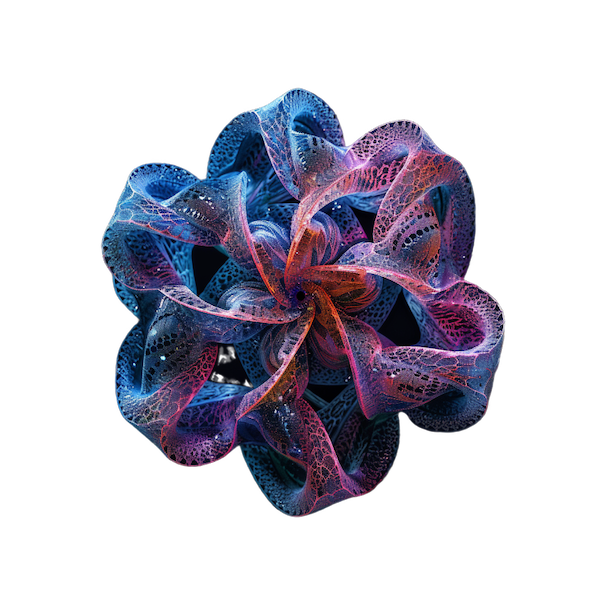
Analyzing scientific structures, systems, and signals

Background
My name is Salomé Henry, and I graduated this past May with a BSc in Biological and Biomedical Sciences from McGill.
It is well known that human physiological systems are often contingent on positive and negative feedback loops. While these varied systems continuously intercept and respond to signals to maintain physiological points of homeostasis, biological entities remain in perpetual states of flux. I was inspired by the biological "reality" of dynamic equilibrium.
I sought to explore analogous concepts of continuous momentum, metamorphosis, non-equilibrium and flux. I was initially curious to understand this form of "scientific" dynamism in the context of the subjective experience, yet have expanded my analysis to literature, sociology and economics. Walter Pater writes: "what is secure in our existence is but the sharp apex of the present moment... and all that is real in our experience is a series of fleeting impressions." I ask: how do these "fleeting impressions" of sensory experience—such as encounters with art or the natural world—elicit joy and delight? Can we marvel similarly at the transience of our own physiological processes? Lastly, how can Pater's proposition of the "moment," a proposition of an alternate conception of temporality - alter our discourse on systematic movement and physiological systems?
My project has subsequently developed into a broader analysis of scientific structures, systems and signals. Can scientific "realities" encourage us to think differently, schematically and conceptually? Do they predispose any conceptual "truths"—i.e., the necessity of contradiction? How can scientific models allow us to reimagine boundaries and forces in economics, or re-examine notions of instability and polarization in society? While I may never do it justice, this is my small ode to science and everything it might provide - either in truth or beauty.
.svg)




